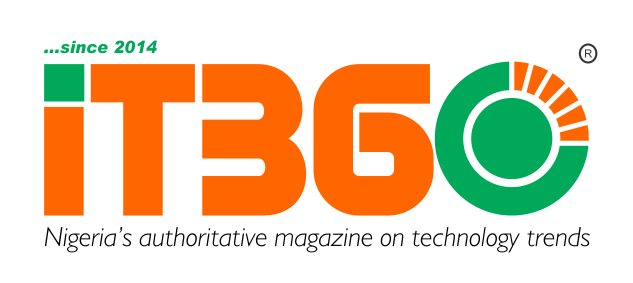The importation, use, and sale of Starlink kits or services within Botswana have officially been prohibited by the Botswana Communications Regulatory Authority (BOCRA) and come with a warning of legal repercussions for those who defy the ban. Despite ongoing reviews of Starlink’s application, the Internet satellite, launched by SpaceX in 2018, is yet to receive the necessary license in Botswana.
On February 2, 2024, BOCRA rejected Starlink’s application to operate in Botswana, citing the company’s failure to meet all requirements. In an email statement, BOCRA emphasised that Starlink has not authorised any entity to import or resell its Internet kits in Botswana. Offenders will be committing an offence, although the specific charges remain undisclosed.
Notably, some Starlink kit owners, who claim to have purchased the devices for personal use, find themselves stranded at the Kazungula border in Zambia, facing restrictions on bringing the kits into Botswana. Options provided at the border include returning the device to Zambia or seeking permission from Botswana’s telco regulator, with no successful requests reported thus far.
Reports reveal that users can access the service through the “roaming” option in African countries where the importation and resale of Starlink kits are licenced. This workaround involves purchasing the device in a country like Zambia or Mozambique, where Starlink is already permitted.

Starlink resellers exploit legal grey areas as disconnections increase
Resellers such as Mozambique’s Starsat Africa and Nigeria’s TD Africa are offering the import and delivery of Starlink kits across Africa, even in countries where the service is yet to be licenced. This practice directly contradicts Starlink’s terms of use, which explicitly prohibit importing into and reselling in nations where the satellite service is yet to launch.
The method through which it plans to enforce these terms in defaulting locations remains unclear, raising questions about the company’s ability to control its service distribution across the continent.
Recently, Starlink took action by disconnecting hundreds of customers in South Africa, where the service is prohibited, citing a violation of terms of use. This move signals a willingness to enforce its policies, but the fate of users in other African countries, such as Ghana, Zimbabwe, and Botswana, where the service is also banned, remains uncertain. The ongoing challenges highlight the complexities of regulating satellite internet services across diverse legal landscapes in Africa.
Bridging the global collectivity gaps
In an era where internet access is considered a fundamental necessity, the satellite internet constellation initiated by SpaceX is making significant strides in revolutionizing global connectivity. The project aims to address the longstanding issue of limited internet access in remote and underserved areas, bringing about transformative changes on a global scale.
Its deployment of a vast constellation of low-earth orbit (LEO) satellites has paved the way for a more inclusive digital landscape. Traditional internet infrastructure often faces challenges in reaching remote regions due to geographical barriers and high implementation costs. Starlink, with its constellation of satellites orbiting closer to Earth, aims to bypass these limitations and provide high-speed, low-latency internet access to even the most isolated corners of the globe.
The impact of the satellite on remote and underserved areas is multifaceted. Its deployment enables communities in remote areas to access the internet, fostering communication, education, and economic opportunities. Previously marginalised regions can now participate in the global digital ecosystem, reducing the digital divide.
In remote areas with limited educational resources, internet access opens up avenues for online learning. Students gain access to educational content, resources, and interactive learning platforms, empowering them with knowledge and skills previously beyond reach.
Looking at the economic opportunities, remote and underserved areas often face economic challenges due to limited connectivity. Starlink facilitates online entrepreneurship, remote work, and e-commerce, providing residents with new opportunities to engage in the global economy.
In times of natural disasters or emergencies, traditional communication infrastructure may be compromised. The satellite constellation offers a resilient solution, ensuring that affected regions maintain connectivity crucial for coordinating relief efforts and communication.
While the Elon Musk company’s mission is commendable, challenges and considerations arise. The cost of accessing satellite services and the environmental impact of satellite constellations remain topics of discussion. Additionally, regulatory hurdles in different countries pose challenges to the widespread adoption of this technology.
As Starlink continues its global rollout, it holds the potential to reshape the digital landscape, providing a beacon of connectivity to those who have long been on the periphery of the internet age. The ongoing developments in satellite technology not only mark a new chapter in space exploration but also signify a promising era of global connectivity for all.

